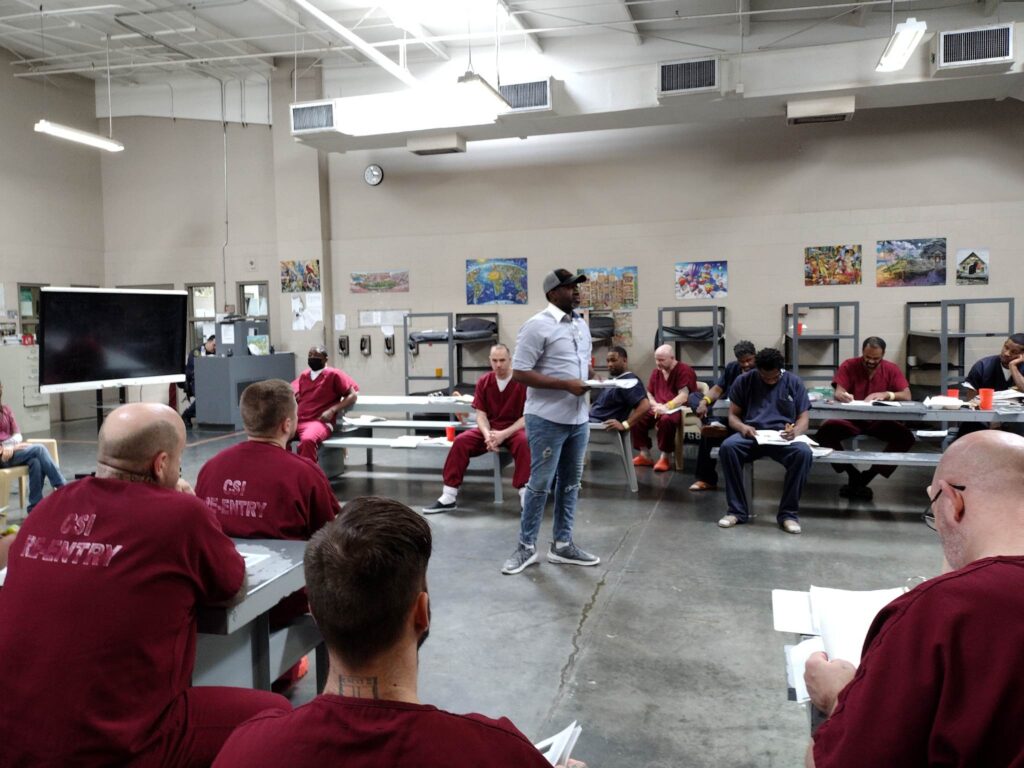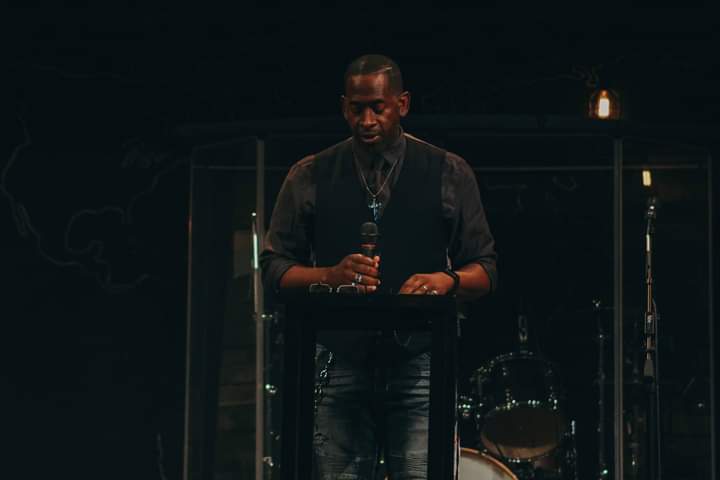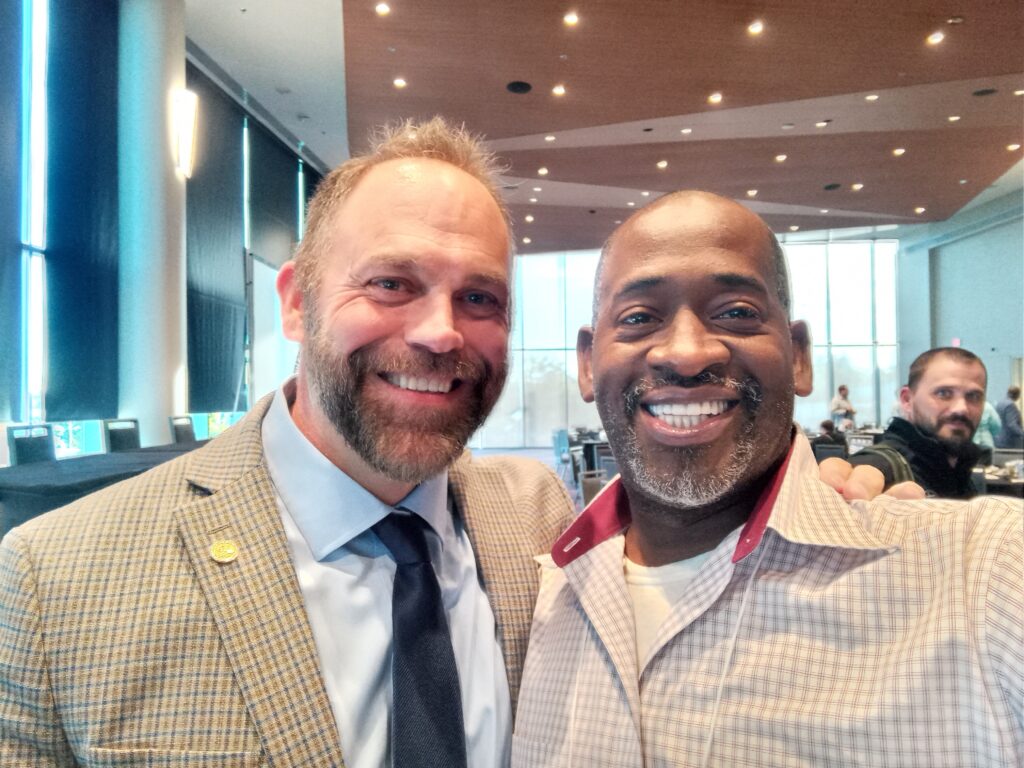Roots of Resilience: Turning Pain into Purpose to End the Overdose Crisis

My name is Brian Ricks. I have spent numerous years behind bars and am currently in long term recovery from substance abuse living with mental health challenges. However, those experiences don’t define me. I feel fortunate to be here, healthy and free and I have made it my life’s work to help others who may have walked the same path as me but want to take a different course. Today, I work as an Arkansas State Certified Peer Recovery Support Specialist (PRSS), helping those who are struggling with substance use or mental health issues, especially those just out of prison. My goal is to support them through reentry, helping them break free from dependency and rebuild their lives, as I did. I’m a success story, with years of sobriety and freedom.
“I aim to show others what’s possible with the right support.”
People always ask me how I got here. But what they’re really asking is how I ended up using drugs at 15 years old and getting locked up. They’re looking for a simple explanation, a clear moment where things went wrong, but life is rarely that simple. I was born into a middle-class family — two parents, siblings, a house with sprawling property and opportunity. My father had a good job at Whirlpool. My mother worked for Sears. But that normalcy was a facade that hid the fact that I was a young child dealing with both physical and mental abuse at the hands of a father that was deeply flawed.
My house was more of a battleground than a home. At the hands of my father, I was beaten with his weight belt and yelled at countless times, all for not being the son he thought I should be. To him, I was a disappointment. I didn’t fit his expectations, and by my teenage years, I looked for acceptance elsewhere.
I started hanging out with older kids and they began experimenting with drugs and alcohol. I joined them, not because I was pressured, but because it was a way to fit in, to be acknowledged. First marijuana, then alcohol and cocaine, and gradually I fell into a spiral of drug dependency. The drugs numbed my suffering and temporarily healed my wounds.
“It wasn't just about the substances—it was about filling the void left by a lack of fatherly love and affirmation that I never received as a kid.”
Looking back at the 30 years that have passed since I first used, I see a trail marked by struggles to break free from addiction, broken relationships, time in prison, and deep heartache. The path I walked was costly, but it also brought me to where I am today, rooted in conviction and determination with a desire to help others avoid my mistakes and get back on their feet to start a new life. The people I come into contact with now as a PRSS are just starting out on their journey to recovery. The struggle to free themselves from dependency and to begin again is often hampered by the stigma that one endures just by having a criminal history, that itself is multiplied by also being labeled an “addict” by others. It's more difficult to find work, housing, and simply live the normal life others experience every day. And yet, they persist, confident that there is something better on the other side. And I am there to help them along the way.

For those of you who have never experienced substance abuse personally, within your family or circle of friends, it's important that you root for the rest of us. That requires empathy, understanding, and a desire for all of us to succeed — a consensus that severe punishment as a way to combat the current epidemic of substance abuse is not working. People continue to use and more than 100,000 Americans die each year due to overdoses. What we need is a new outlook on the crisis. One that will prioritize treatment over punishment and one that will work to fix the scourge of substance abuse rather than hiding its victims behind prison walls. As an impacted person, me and those like me, have the lived experience to know what works and what does not. So I take my story to any and everyone including law enforcement, city officials, the community at large and others to fight stigma and offer solutions to the overdose crisis.
I have seen people in recovery who had given up on life that end up inspiring a nation, a mother whose prayers brought her son home, grieving loved ones of an overdose victim and a sheriff all work together to reshape the lives of thousands of people impacted by substance abuse. My life has shown me that a better way is possible when we come together and support each other. I wholly believe that if we lift up “Community Focused, Safety Driven and Integrity Based” solutions to this crisis that we can change not just lives, but communities, laws, beliefs and the world.

Will you join me? Join the movement to support drug policies that prioritize harm and public health over punishment and incarceration. Sign the pledge to choose care over cruelty.
